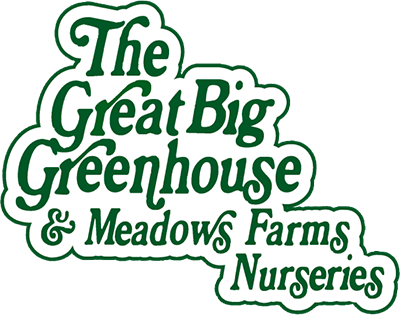DISH GARDENS ARE A UNIQUE AND POPULAR GIFT ITEM
Dish gardens are, in effect, miniature landscapes. It is hard to find an office that does not have at least one florist dish garden sitting on top of a desk or file cabinet. Basically, a dish garden in a container that contains three or more assorted plants all living together.
We have a nice assortment of pre-made dish gardens available right now.
Or, if you choose to make your own dish garden, you can select more interesting containers and plants and add unique touches using stone, driftwood, figurines, and statuary, shells lichens, birds’ next, or other waterproof decorations appropriate to the style of garden you create.
Dish garden basics include selecting a container, choosing a style (lush tropical, desert landscape, bog garden, etc.), and deciding where you will keep the garden.
LOCATION
Determine where you plan to grow your dish garden. You will need to select plant material that can live in the location you choose. Look at the lighting, temperature, and humidity, as well as available space (a large dish garden may not fit on your kitchen windowsill, while a small garden with three or four tiny plants can live happily under your office desk lamp.
CONTAINERS
Most dish gardens are planted in non-draining containers. This works okay, as long as you learn how to water in this situation. Look for unique containers such as antique bowls or just about anything that holds water. Bonsai containers are great for making dish gardens, as they tend to be shallow, and they have drainage holes.
PLANTS
It is a good idea to test out an arrangement while plants are still in their individual pots. Try several groupings, until you find one you like. Like I stated earlier, a dish garden usually containers three or more different plants with different foliage in order to give a dish garden more interest. Most importantly, the care requirements of the different plants need to be similar.
LIGHT
Most foliage plants and many succulents are happy with bright indirect light or some direct sun. Avoid the hot mid-day sun. Flowering plants generally bloom best with direct morning sun. There are many foliage plants that will tolerate a low-light location. Place your dish garden in the best light for the plants to keep it healthy and attractive.
WATER
For a dish garden without drainage holes, the best method of watering is to water thoroughly, then tip the container on its side and let the excess water run out. If the container has drainage holes, water slowly and evenly until some water runs out of the bottom.
Give a dish garden a try. Or, give a dish garden as a gift. Come see us for all the advice and supplies that you will need.

